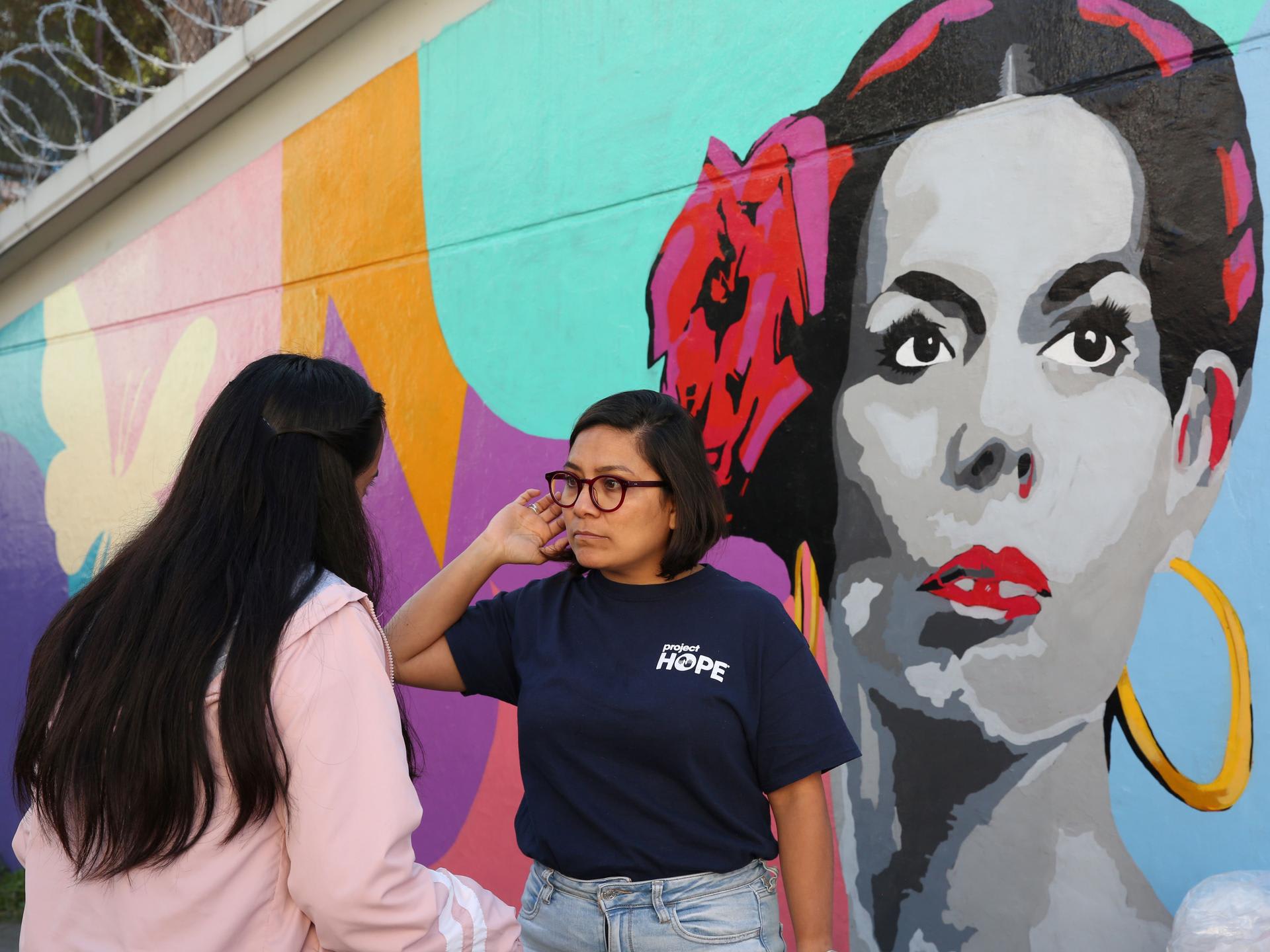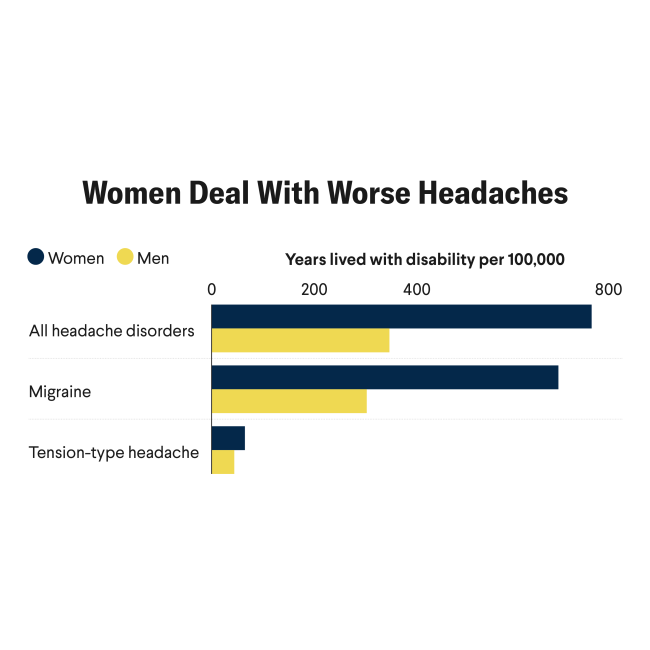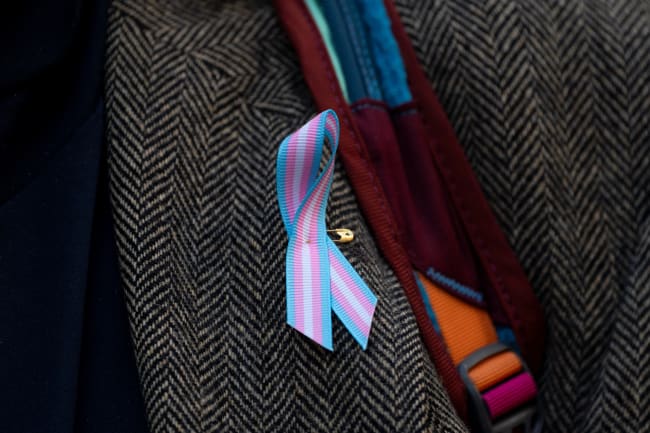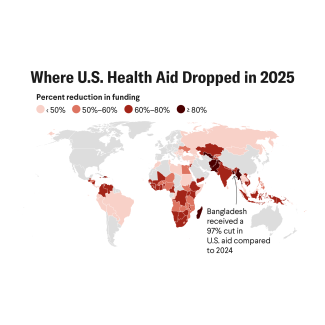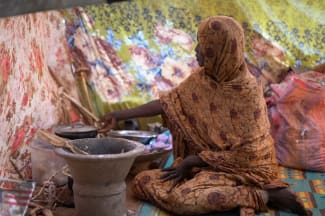Type 1 and 2 diabetes are a growing challenge in Mexico, where the overall prevalence increased by 3.9% from to 2006 to 2022. According to a National Health Survey, an estimated 12.4 million people in Mexico—nearly 10% of the population—were living with diabetes in 2022. The condition was the third-leading cause of death in the country.
Bucking the global trend, women in Mexico are diagnosed at higher rates than men, driven by deep-rooted gender inequalities, limited access to health care, poverty, and the import of unhealthy foods. For many women, diabetes and other noncommunicable diseases go unchecked until their conditions are severe because they are unable to access care at the onset of symptoms. A study sampling Mexican adults found that severe insulin-deficient diabetes was more prevalent among women, particularly among those with poor access to screenings and primary care. This health crisis is a compounding issue affecting every aspect of life for women with diabetes in Mexico.
As governments such as the United States make massive cuts to health and humanitarian programming around the globe, the international community's support for women's health is imperative. An organization coordinating health programming in Mexico, Project HOPE aims to address the outsize impact of diabetes on women through health-care worker trainings, education for young girls about noncommunicable diseases (NCDs) like diabetes, and community-building around NCD prevention.
The Diabetes Crisis
Every morning in Mexico City, 17-year-old Irene Ramirez begins her day by helping her grandfather with his insulin injection. Although only in high school, she handles the syringe like a nurse. Just months ago, she lost her grandmother to diabetes complications—now, she's determined not to lose another family member to this devastating disease. Ramirez's story unfortunately is not unique.
Poverty and gender inequality exacerbate their risk of becoming diabetic
Across northern Mexico, women not only carry the burden of caregiving, but poverty and gender inequality exacerbate their risk of becoming diabetic. In many communities, mothers fill their babies' bottles with soda, not out of choice, but because it's often more accessible and affordable than clean water. Mexico has one of the highest rates of sugary drink consumption among youth. Access to sugary drinks sets children and young people on a path toward chronic health problems before they reach their first birthday.
Compounding these challenges is a health-care system that leaves too many behind. In neighborhoods where femicide rates are high, women can't safely exercise outdoors. In areas where poverty is endemic, nutritious food remains out of reach.
Supporting Women Living with Diabetes
In one region, partnering with local universities, Project HOPE established community screening points for diabetes that led to an unexpected outcome: Women formed support networks, sharing knowledge about insulin injections and dialysis care. They organized evening running groups, finding safety in numbers. The organization found that when women are heard and given the opportunity to connect with others facing similar challenges, they can take charge of their health and set a precedent for their community to follow.
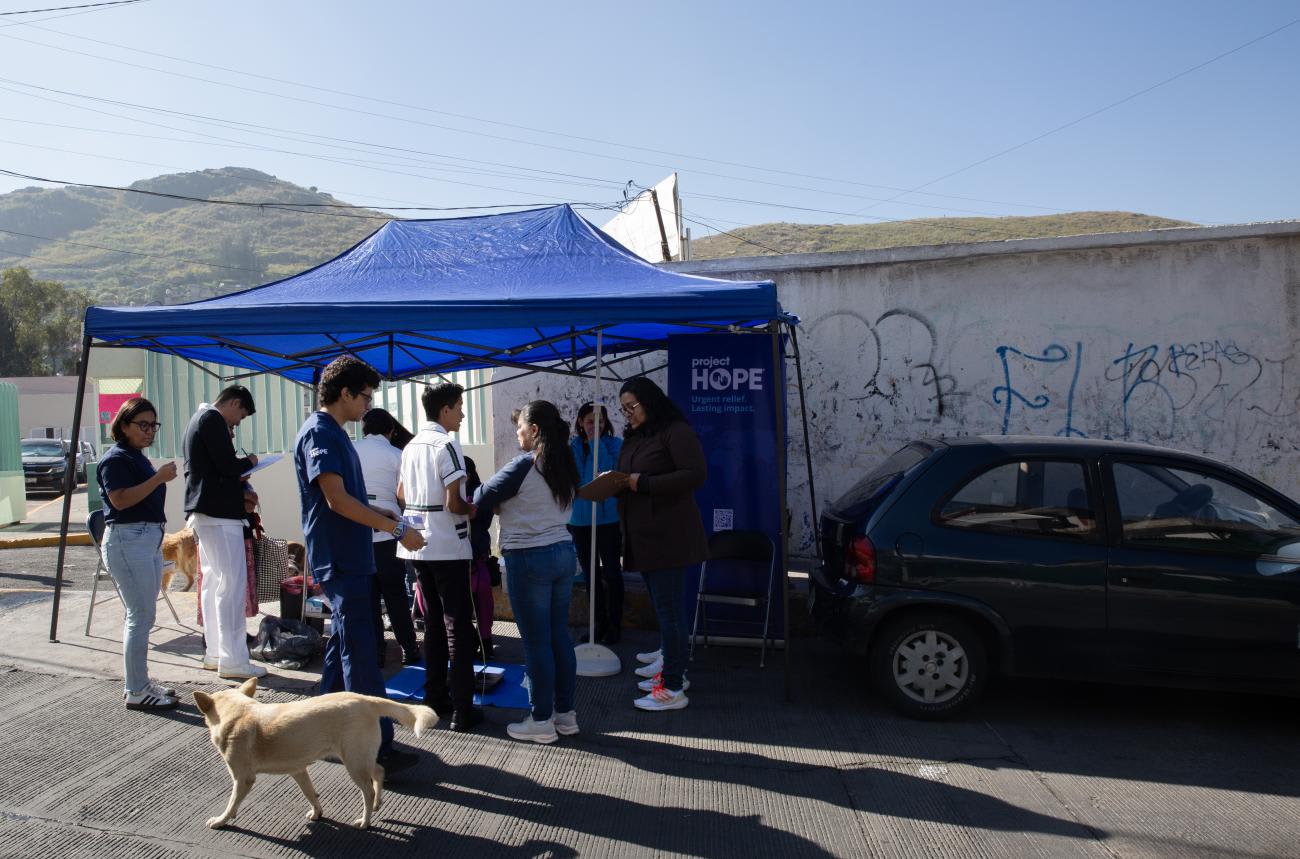
Screening points allow locals to speak with health-care promoters and fellow members of the community about how to manage glucose levels, blood pressure, and how to prevent or live with NCDs. The health-care promoter works on giving each person a plan that focuses on changing or improving their eating habits, exercise, sleep, and water consumption, and is tailored to the context of each person. To improve the healthy behaviors of young people, Project HOPE also works in partnership with local high schools in leading a young health program.
Through education and community-building, Ramirez and her peers not only learn but also emerge as leaders on diabetes prevention. Ramirez is now determined to become a nurse and be part of the next generation of health workers.
Ramirez also has the opportunity to grow up with Mexico's first woman president. Claudia Sheinbaum took office last October and has already introduced several reforms targeting violence against women, pay inequality, and economic barriers. In response to the growing number of NCDs, she has also created educational campaigns to encourage healthier behaviors.
Even though Sheinbaum's presidency and policies mark a historic moment for women in Mexico, they cannot be the end of the conversation. Without sustained and targeted investments in the country's health-care system, it will be impossible to combat the diabetes crisis and other NCDs that threaten the lives of women.
